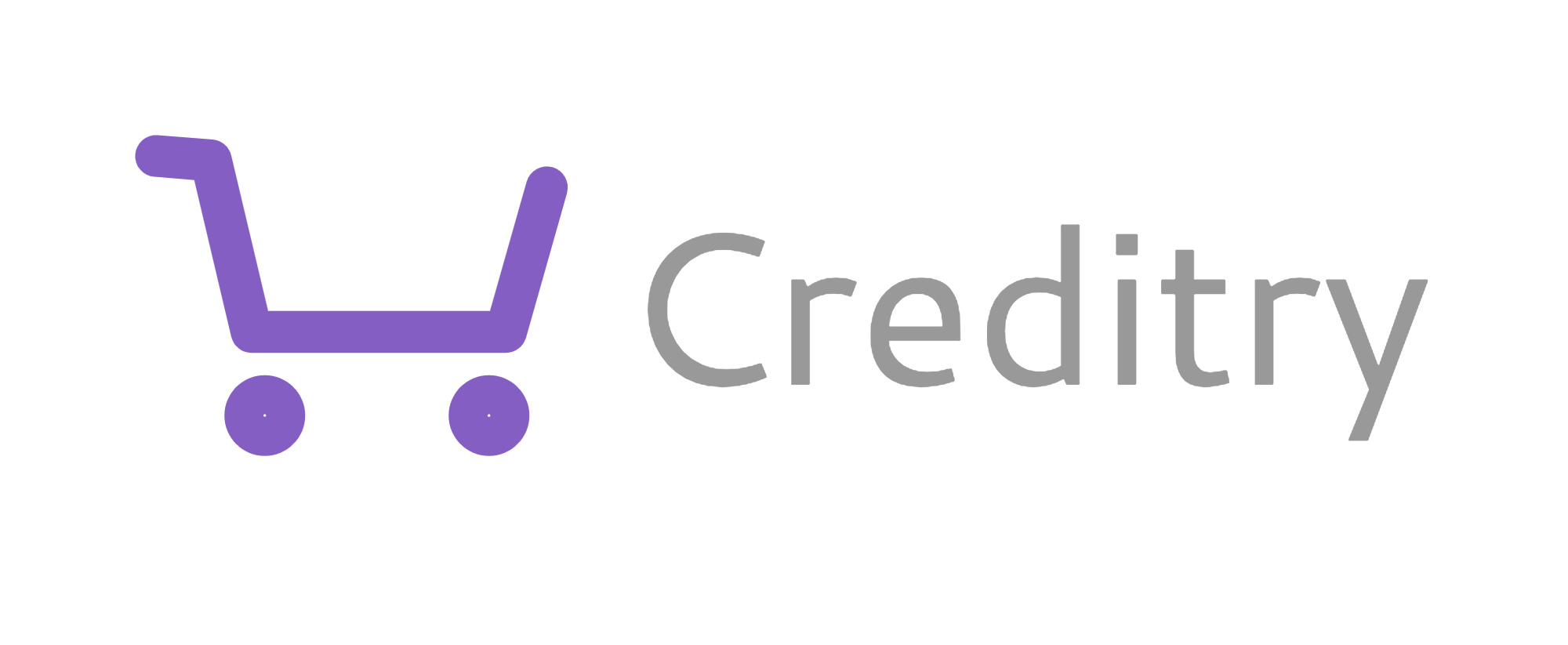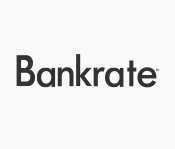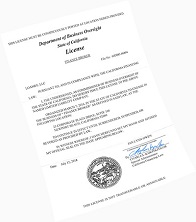Overview
If you’ve been through the home-buying process before, or started it for the first time recently, you already know that nothing about home mortgages is as quick or easy as we’d probably like. That doesn’t mean, however, that it has to be as difficult or unpleasant as it sometimes seems. With a little preparation and clarity about what’s expected and what you can and can’t control, you can reduce your stress levels substantially. You may even find yourself making better decisions along the way.
Some of the biggest things you’ll be asked to decide involve the loan itself. Home mortgages come in several varieties, but most homebuyers will be looking at a traditional loan in which both interest and principle will be paid each month until the balance owed is zero. Your options will be largely shaped by your current credit score and credit history, but you’ll still have substantial control over three things – who you borrow from, how long you’ll take to pay it back, and whether or not you’ll finance with a fixed rate mortgage or a variable rate mortgage.
Very few of us buy more than a handful of homes over our entire lives. We’re not likely to become experts at it unless we’re doing it as a career or side
business. Many buyers will defer to their realtor when it comes to financing, which makes a certain amount of sense. They know the right people and who’s most likely to help move the process along. On the other hand, a realtor’s primary goal is to close one deal and move on to the next. Taking some time to shop 3 or 4 different lenders can make a world of difference in the loan you end up with, even if you do choose to go with your realtor’s original recommendation.
A longer term means lower monthly payments but more interest paid over the life of the loan. No matter what rate you secure, or whether it’s fixed or adjustable, that rate for 10 years costs you less than the same rate over 20 years. Either costs way less than taking 30 years. Interest of any sort accrues over time; the longer the time, the more interest you’ll pay.
Then there’s how that interest will be determined. Your credit score will greatly impact what actual rates are available to you, but you’ll still have to decide whether to go with a fixed or variable rate. The difference is pretty straightforward on the surface, but as with so many things, it turns out to be a bit more complicated than that.














